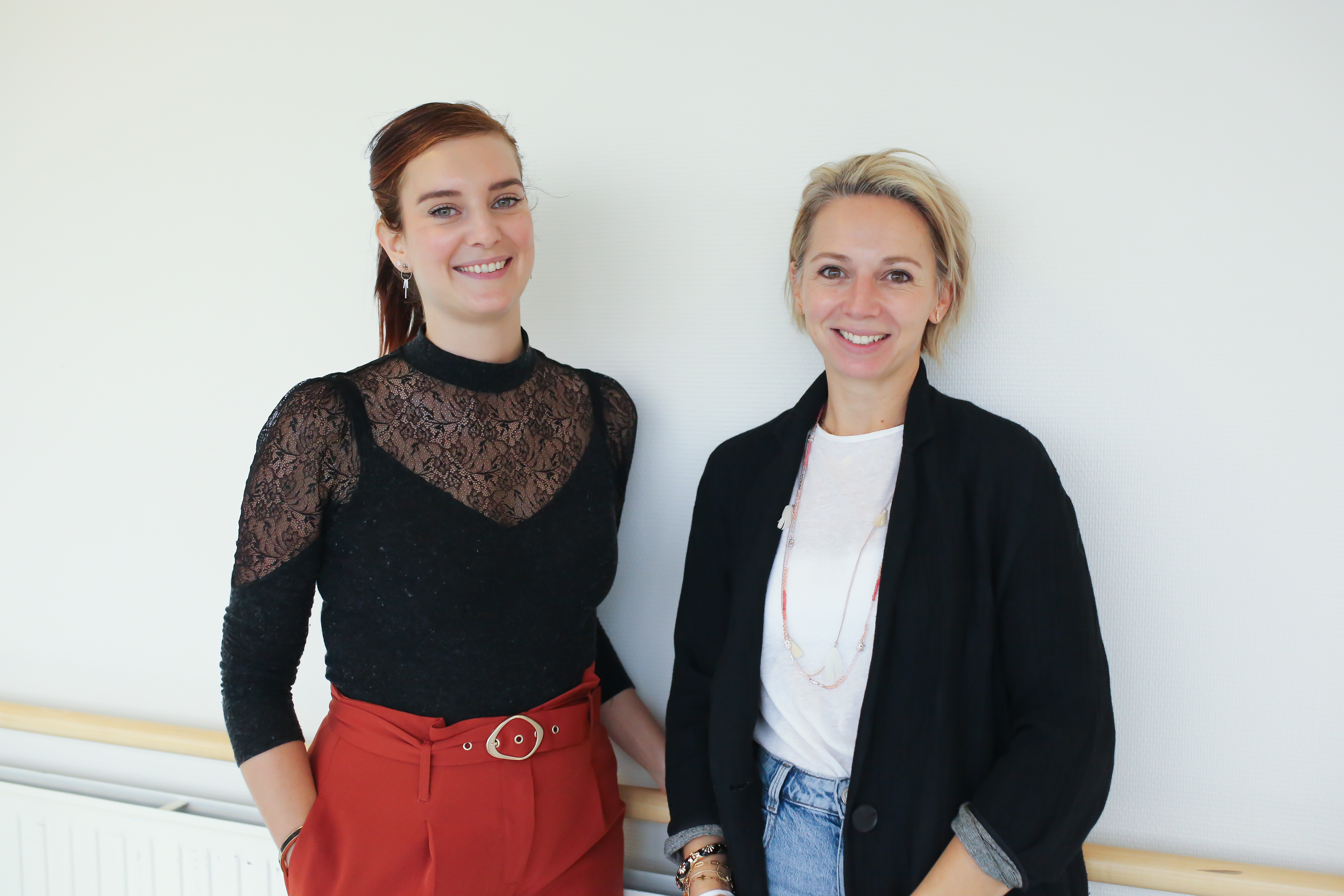Preparing for birth: the essentials
To properly prepare for your baby’s birth, it’s best to seek the support of health professionals. The French health insurance system (Assurance Maladie) can help by covering 100% of the cost of eight birth preparation sessions. Here, we focus on what happens during these sessions.
The first session: the early antenatal interview
Also known as the fourth month interview, this first birth preparation session can actually take place at any time during your pregnancy, whenever it’s convenient. That said, it’s best to organise it as early as the fourth month, so you can prepare for labour as serenely as possible!
In practice, the interview can be organised with a liberal midwife, a midwife from the mother and child protection centre (PMI) or a midwife from a private or public maternity hospital. You can also ask a GP or gynaecologist. Whoever you choose, no medical prescription is necessary. On the day of the appointment, you can attend on your own or as a couple.
The interview is the perfect time to:
- Ask any questions about your pregnancy and the birth itself;
- Discuss any difficulties you may be having. If necessary, the midwife or doctor will refer you to another specialist (e.g. social worker or tobaccologist).
The next seven birth preparation sessions can sometimes be scheduled during this interview.
The next seven birth preparation sessions
If you wish, you can benefit from seven birth preparation sessions from the seventh month of your pregnancy. Usually led by a midwife, each of these sessions aims to:
- Help you understand what’s going on inside your body during pregnancy;
- Prepare you for giving birth, using various exercises;
- Give you the keys to taking good care of your baby from their first days.
These sessions can take different forms: some can be group classes for expectant mothers, while others are one-on-one. Likewise, birth preparation exercises can vary in accordance with the technique used.
Which sessions should I take?
While the “traditional” method of birth preparation remains very popular, other interesting approaches exist. In general, all the techniques taught aim to help combat stress, manage pain (during pregnancy and childbirth) and make labour easier on the big day.
Many pregnant women opt for prenatal yoga or sophrology during pregnancy. However, you could also consider:
- Antenatal water aerobics during your pregnancy;
- Hypnosis;
- Acupuncture:
- Pilates.
Other complementary approaches are also good to consider. These allow dads-to-be to get involved in a tangible way and to more easily form a bond with the baby. These techniques include the following, in particular:
- Prenatal singing, which aims to soothe through sound;
- Haptonomy classes, using light strokes and pressure;
- The Bonapace method, during which dads-to-be massage their partner, applying pressure with their fingertips to relieve pain during labour.
What is a birth plan and how can I write one?
More and more maternity hospitals are offering expectant mothers the opportunity to prepare a birth plan. The birth plan is a document that sets out in writing how you want to give birth. It’s a valuable tool for communicating with your maternity care team, who’ll endeavour to respect your wishes as far as possible.
Birth plan: a practical checklist
As no standard template exists, don’t hesitate to ask your midwife for help so that you don’t leave out anything important. In practice, the birth plan should mention the following, in particular:
- Whether you’d prefer a vaginal birth;
- If you want an epidural;
- The position you’d like to adopt to give birth;
- Whether you want your birth partner at your side at all times or not;
- If you want to breastfeed as soon as your baby’s born;
- Whether you want your birth partner to cut the cord.








